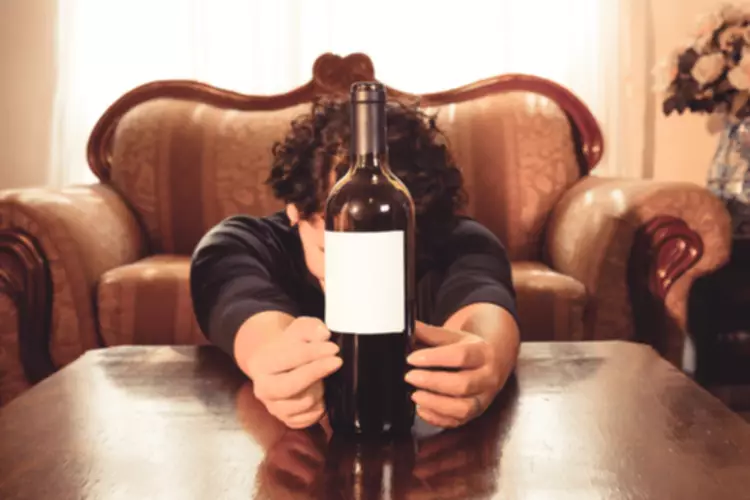
If you alternate alcohol and water as you drink, you slow your intake of alcohol. This may give your liver more time to metabolize it, but that can also be accomplished by simply drinking more slowly. When consumed in large amounts, alcohol can cause intestinal inflammation and cause issues within the gastrointestinal tract and the liver, per a 2017 publication in Alcohol Research. Chronic heavy drinking can result in high blood pressure, which is a leading cause of kidney disease. It can also weaken immunity, increasing a person’s risk of infections. To stay hydrated, a person needs to take steps before, during, and after alcohol consumption.
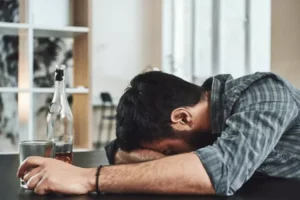
Hydrant SLEEP — Why Our Ingredient List is Effective
Your respiratory system is yet another victim of alcohol’s dehydrating properties. Did you know that alcohol can disrupt the delicate balance of fluid and moisture in your airways? Every time you breathe, you release moisture in the form of water vapor into the surrounding air. This is a natural part of respiration, and under normal circumstances, it’s a minimal loss that doesn’t significantly affect your overall hydration status. The splitting headache after a night of drinking is thought to be partly due to the way alcohol causes dilation and constriction of your blood vessels. But dehydration will make that headache worse and leave you feeling even more fragile.
- Still, enjoying these drinks in moderation and pairing them with other beverages in your diet, such as water, is unlikely to cause dehydration.
- When vasopressin production is disrupted, the kidneys are unable to retain as much water as usual, leading to dehydration.
- This can result in inflammation, increased gas production, and slowed digestion, all of which can contribute to bloating.
- Adequate amounts of water every day are the only way to maintain that delicate water-electrolyte balance and dodge the detrimental impacts of dehydration.
Signs of Dehydration After Drinking Alcohol
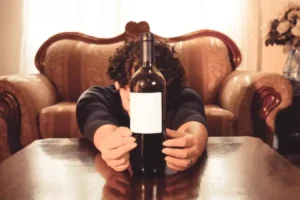
Alcohol is a diuretic, which means that it promotes water loss through urine. It does this by inhibiting production of a hormone called vasopressin — otherwise referred to as the antidiuretic hormone (ADH) — which plays a large role in the regulation of water excretion. On the flip slide, even just mild dehydration can cause problems with blood pressure, heart rate, and body temperature. And severe dehydration can lead to weakness, confusion, kidney damage, brain damage, and even death.
Make Sure You’re Hydrated Before You Start Drinking
This hormone assists your kidneys to regulate how much water is in your body. When ADH levels are low, kidneys release more water, leading to increased urination and resulting in dehydration. The rule of thumb is limiting consumption to one alcoholic beverage an hour, with one glass of water also why does beer make you dehydrated consumed for every finished alcoholic drink. However, even this may not help you avoid a harsh bout of dehydration.
Sleep
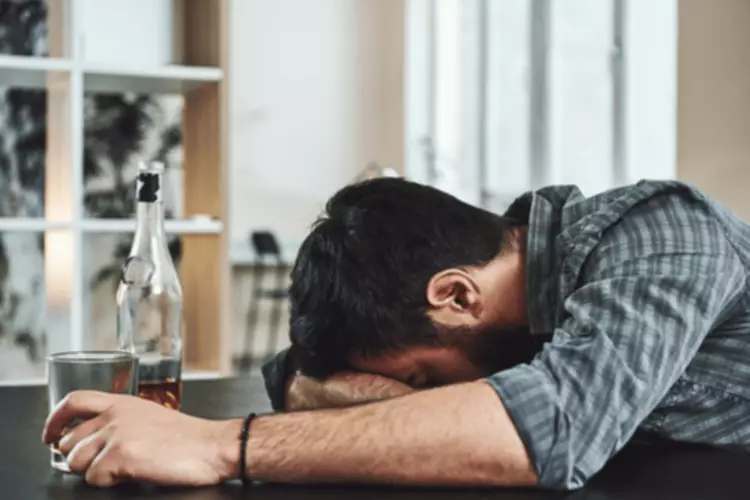
It also may cause you to be restless and awaken during the night which can leave you groggy and tired the next day. Dehydration is not only uncomfortable, but it can be life-threatening if not corrected. Worst-case scenarios include seizures (caused by lack of electrolytes) and kidney failure.
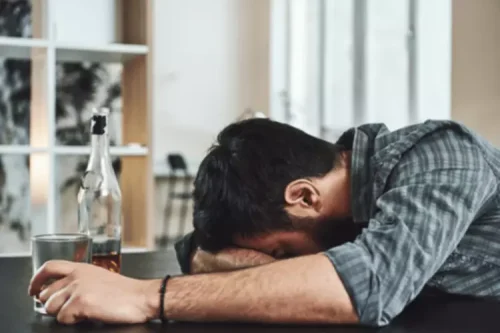
But long-term and excessive alcohol consumption can lead to liver inflammation (liver hepatitis). Symptoms of this condition include appetite loss and weight loss. But what if you aren’t in an extreme situation but are instead just looking to deal with a headache or get ready for another round at a party? In those cases, you should avoid wine because of its dehydrating effects. If you want to stay buzzed but don’t want to be as dehydrated, grab a bottle of beer instead. Unfortunately, alcohol reduces the natural production of vasopressin in your body.
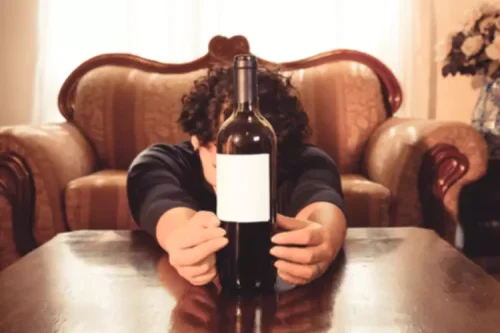
- It’s important to note that alcohol bloating can vary from person to person, and may be influenced by other factors, such as diet, hydration, and stress levels.
- Alcohol can also increase the production of gastric acid, which can lead to further irritation and dehydration.
- This slows the communication between brain cells and has a calming effect on the mind and body.
- Its diuretic effects lead to wrinkled, gray, lackluster skin that can look swollen and puffy.
Alcohol-related blackouts (gaps in your memory while drinking alcohol) can occur because alcohol hinders the ability of the hippocampus to transfer short-term memory to long-term storage in the brain. Alcohol’s impact on neurotransmitters like serotonin and GABA can also contribute to mood changes the day after drinking. Once the effects of alcohol wear off, glutamate (a neurotransmitter) levels increase, which can lead to feelings of depression and anxiety, or “hangxiety” (hangover and anxiety), the day after drinking.
Alcohol Poisoning: Signs, Symptoms & Treatments
Several studies have found that increased alcohol intake doesn’t correlate with decreased vasopressin levels 1011—so is alcohol really suppressing vasopressin? It’s likely that alcohol causes diuresis, or excessive urination, in ways we just don’t know marijuana addiction about yet. Lowered inhibitions when drinking alcohol can lead to impulsive behavior—engaging in behaviors without considering the potential consequences of your actions.
How often you drink
But prolific pee production isn’t the only way alcohol dehydrates you. Alcohol delays stomach emptying, which can cause vomiting, a sure way to become dehydrated 1. Interestingly, a review of 49 studies even reported that caffeinated energy drinks, wine, and spirits can all significantly increase urine production (14). However, research is mixed on whether these beverages increase urine output significantly. It’s formulated to stop dehydration in its tracks and boost your energy and mental clarity.
Leave a Reply